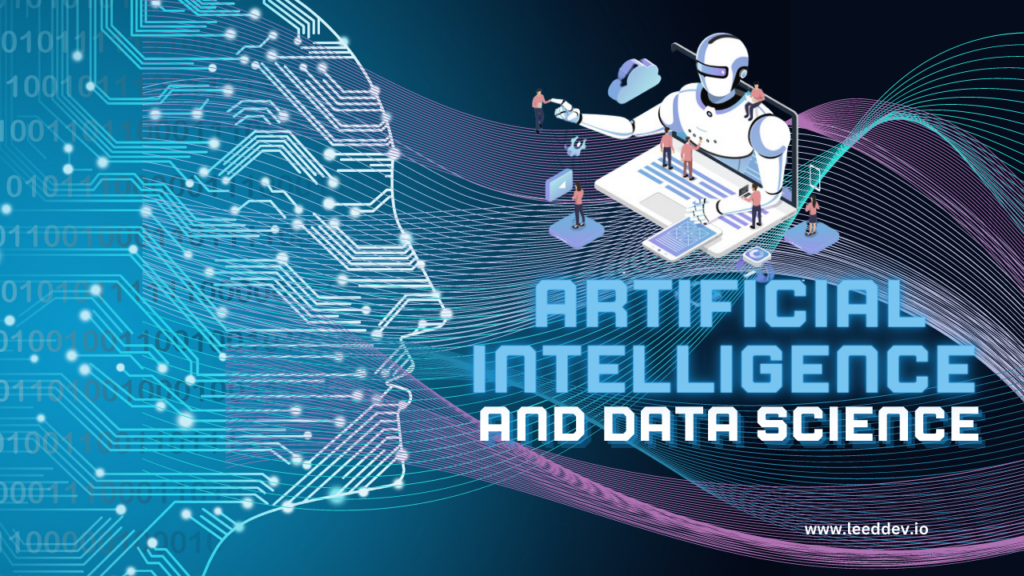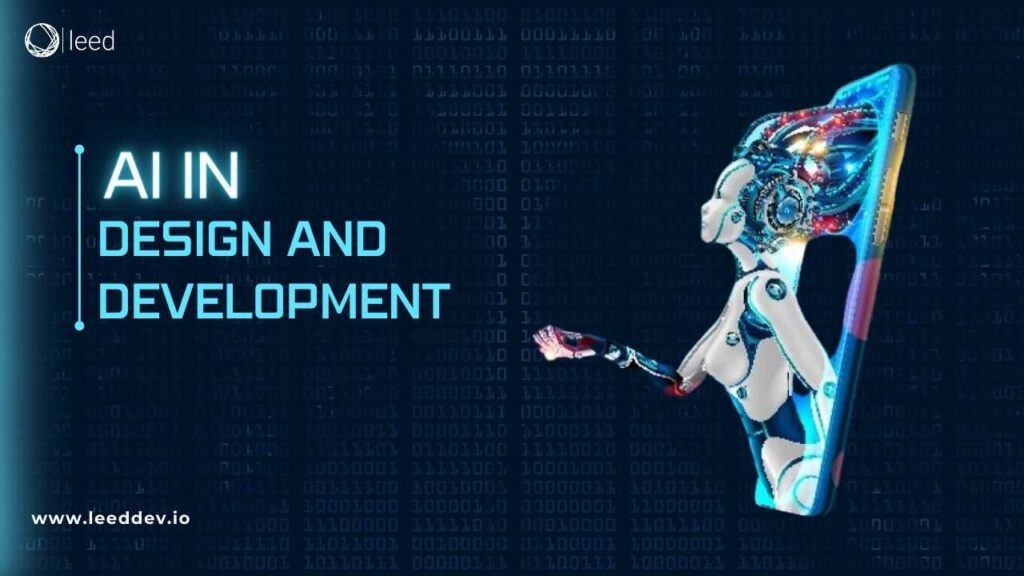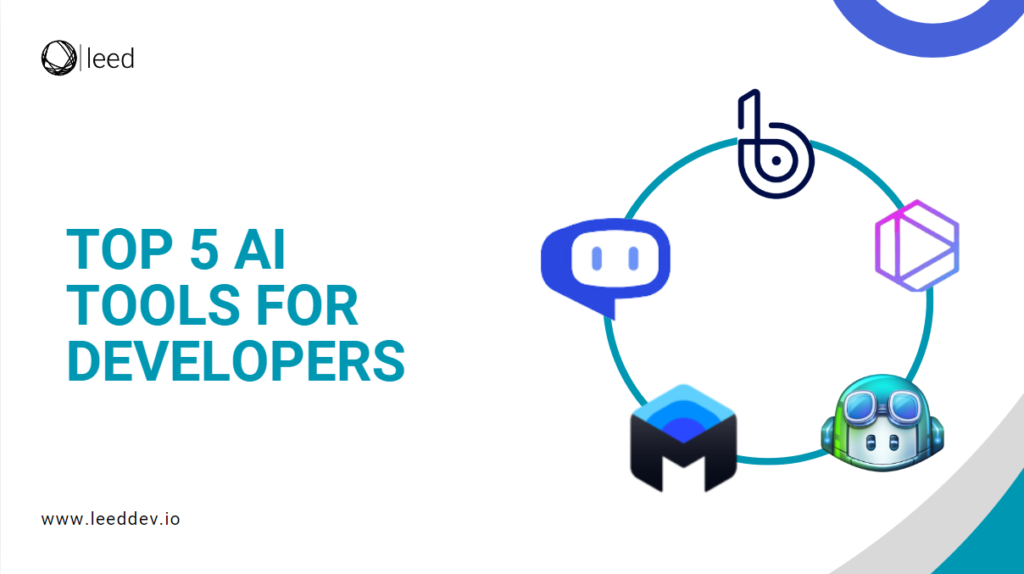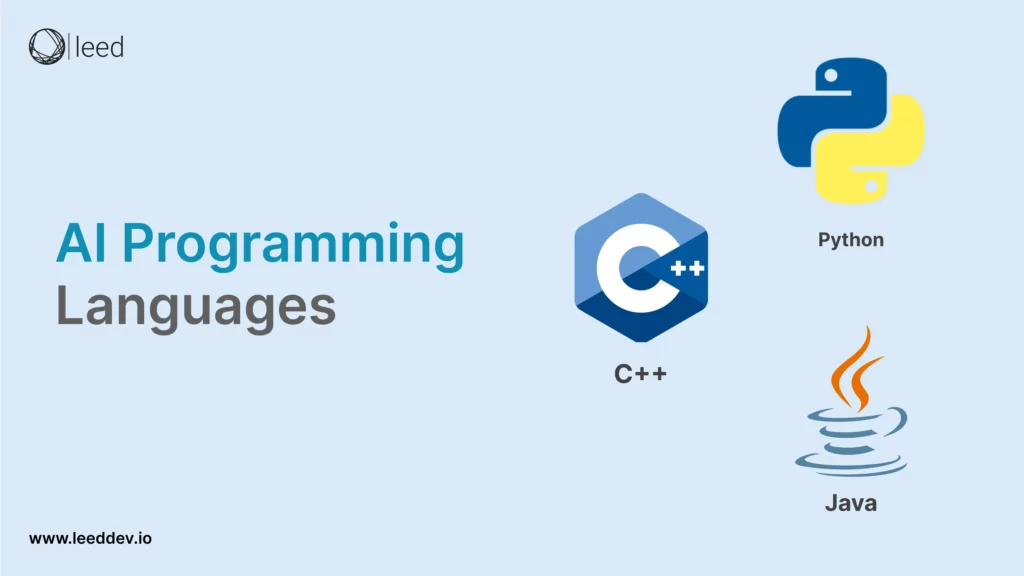In today’s digital age, the roles of Data Scientists and Artificial Intelligence (AI) specialists are often intertwined, yet they serve distinct functions. Both are pivotal in the realm of technology, but understanding the differences, similarities, and unique advantages of each can help organizations make better decisions when hiring or adopting new technologies.
- Data Science: It focuses on collecting, analyzing, and interpreting complex data to help businesses make data-driven decisions. Data scientists use statistical tools, programming, and machine learning models to extract insights from structured and unstructured data.
- Artificial Intelligence: AI involves creating systems that can mimic human intelligence. These systems can perform tasks such as reasoning, learning, and problem-solving. AI relies on algorithms and models to make decisions and improve over time.
What Does An Artificial Intelligence Engineer Do?
The job of an artificial intelligence engineer is to develop and build models using AI technologies. The models are built using machine learning techniques and deep learning neural networks. The job of an AI engineer is to deal with complex and extensive data sets to develop algorithms and models. These algorithms are used to drive insights and identify patterns that can make predictions.
It’s also the work of an AI engineer to integrate the systems into already existing products and services. They analyze the systems to monitor and control projects. An AI engineer also works with professionals like software engineers, and data scientists to ensure that the AI technologies are aligned with the goals of the company.
What Does a Data Scientist Do?
A data scientist is a professional who uses various statistical techniques to drive insights from extensive complex data. A data scientist involves collecting, processing and analyzing the data to identify patterns and trends. This helps the organization make informed decisions. They examine the questions to give a proper solution.
Businesses and organizations hire data scientists so they can manage unstructured data. A data scientist has excellent analytical skills and expertise in statistics, computer science, mathematics, and machine learning. It’s also the job of a data scientist to work closely with the stakeholders and understand their needs and requirements.
Difference Between Data Science vs. Artificial Intelligence
Here is the basic difference between data science vs artificial intelligence:
Role
- The role of a Data Scientist is centered around analyzing data for actionable insights that drive business strategies.
- On the other hand, AI specialists focus on building intelligent systems that automate decision-making processes.
Tools
- People working in data science mostly rely on tools like Python, R, SQL, and Excel to process data.
- Artificial intelligence specialists use tools such as TensorFlow, PyTorch, and IBM Watson to create models. These tools help them to perform tasks like recognizing speech, interpreting images, and more.
Objective
- The primary objective of data science is to understand data and translate it into valuable information.
- The goal of Artificial intelligence is to mimic human intelligence and perform tasks without human intervention.
Skills Needed
- The major skills that are needed in a data scientist include statistics, programming, data visualization, and machine learning.
- However, an artificial intelligence role requires expertise in deep learning, neural networks, and natural language processing (NLP).
Work Nature
- Data scientists usually work in industries such as finance, healthcare, retail, and marketing, analyzing both structured and unstructured data.
- AI has a wide range of applications, from robotics and self-driving cars to virtual assistants and chatbots, working with all types of data, including images, videos, and text.
Purpose
- Data science helps governments and companies make educated decisions based on the best information available.
- Artificial intelligence improves life by producing systems that assist people in their work and everyday needs.
Similarities Between Data Science and AI
Despite their difference here are some important familiarities between data science vs artificial intelligence:
Basic Data
Both Data Science and AI depend heavily on data. Data is the raw material from which insights are drawn, and it plays a key role in training AI models. Without data, neither field could exist.
Machine Learning
Machine learning is central to both fields. In data science, machine learning models help predict outcomes based on patterns in data. In AI, machine learning enables systems to learn from experience and improve performance autonomously.
Programming
Python is the most commonly used language in both Data Science and AI, but other programming languages such as R, Java, and C++ also play vital roles. These languages are necessary for creating algorithms, building models, and handling large datasets.
Problem-Solving
Both Data Scientists and AI professionals work to solve real-world problems. Data scientists analyze past data to forecast trends and make recommendations, while AI systems aim to automate tasks and enhance decision-making in dynamic environments.
Cross-Industry Applications
Both fields have a wide range of applications across multiple industries, including healthcare, finance, retail, manufacturing, and marketing. For example, in healthcare, data scientists may analyze patient data to improve treatment plans, while AI can be used to automate diagnostic procedures.
Advantages of Integrating Data Science and Artificial Intelligence
Some of the benefits of Integrating Artificial Intelligence and Data Science are as follows:
- Integration of these fields has made the automation of human tasks easy.
- By combining the two fields it’s easy to make informed decisions which helps the organizations achieve their goals. Decisions can be made on driven insights.
- By using powerful algorithms and data modeling techniques unique products can be made. These products are customized according to the needs of the target audience.
- Efficiency and productivity can be increased in various fields including health care, Pharma, Marketing, Insurance, and other industries.
- With the help of Artificial Intelligence, data science, and machine learning it is easy to avoid risks. Data science, AI and machine learning can help predict and manage potential risks and vulnerabilities. For example, it’s easy to forecast weather conditions and take necessary measures.
- Human errors can be avoided and minimized.
- By combining the analytical capabilities of Data Science with AI, organizations can provide a seamless and satisfying customer experience
- Another main advantage of integrating the two fields is that organizations can gain a competitive advantage by offering personalized and efficient solutions and services.
Salaries and Job Market
Both Data Science and AI roles are in high demand, with attractive salary prospects in many industries.
A Data Scientist earns an average salary between $100,000 and $130,000 annually in the U.S., with the demand being particularly high in sectors like finance, healthcare, and retail.
For an AI Specialist or AI Engineer, salaries tend to be slightly higher, ranging from $120,000 to $150,000. The job market for AI is expanding rapidly, especially in areas like autonomous systems, AI development companies, and robotics.
Future of Artificial Intelligence and Data Science
After understanding the concept of both fields the next question that arises is what is the future of AI and Data Science? Well with the advancements in technology, it is not wrong to say that Artificial Intelligence and Data Science are the future. The fields have changed the way we used to interact with each other. Now most of the difficult tasks can be simplified with the help of machines.
These fields have transformed various industries and have helped businesses to streamline their workflow. Now the difficult tasks are being performed by machines which have reduced human error and have led to cost reduction.
Interesting Facts Data Science vs Artificial Intelligence
Some of the interesting facts regarding data science vs artificial intelligence are as follows:
- An AI generated model was trained to write the most famous Harry Potter model.
- According to statistics by the year 2025, data analytics in the healthcare field might be worth $67.82 billion.
- These fields are also being used in agriculture. For instance, AI-powered bees are being developed in Boston by the Wyss Institute. But the best part is that these bees are being used for climate monitoring and surveillance as well.
- According to a survey by McKinsey, 47% of respondents agree that data science has helped businesses gain a competitive edge.
- The field of AI has advanced to such an extent that an AI powered software was created that could predict the Oscar results with 90% accuracy.
- Predictive analytics is being used worldwide by different colleges and universities to improve low graduation rates.
- Approximately there are about 400,000 bytes of data if we consider every grain of sand on earth.
- According to a survey, 95% of companies agree that managing unstructured data is a challenge.
Conclusion
To summarize the above mentioned discussion, data science vs artificial intelligence are the two main fields that are shaping the future. Both are closely related fields but have their own similarities and differences. These fields have changed the way we analyze and process the data. Data science and AI are driving innovation and creating new opportunities in a wide range of industries. You can find applications in these fields ranging from healthcare and finance to manufacturing and transportation.
They are helping organizations to optimize their operations, improve their products and services, and gain a competitive advantage in their respective markets. So now we know that data science and AI are more than just buzzwords. They represent a fundamental shift in the way we approach problem-solving and decision-making.
FAQs
1. Which is better, Data Science or Artificial Intelligence?
It depends on your goals. Data Science focuses on data analysis and insights, while AI is about building intelligent systems. Both are valuable, with distinct purposes.
2. Who earns more, AI or Data Science?
AI professionals typically earn more, with salaries ranging from $120,000 to $150,000, while Data Scientists earn around $100,000 to $130,000 annually.
3. Can Data Science be replaced by AI?
No, Data Science cannot be replaced by AI. Data Science is essential for data interpretation, which AI systems depend on for quality insights.
4. Is AI or Data Science the future?
Both are the future. AI drives automation and intelligent systems, while Data Science provides the insights needed to power them.
5. Can I go into AI with Data Science?
Yes, transitioning from Data Science to AI is possible, as many skills like programming and machine learning overlap.
See More:




